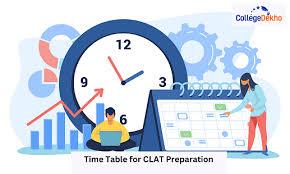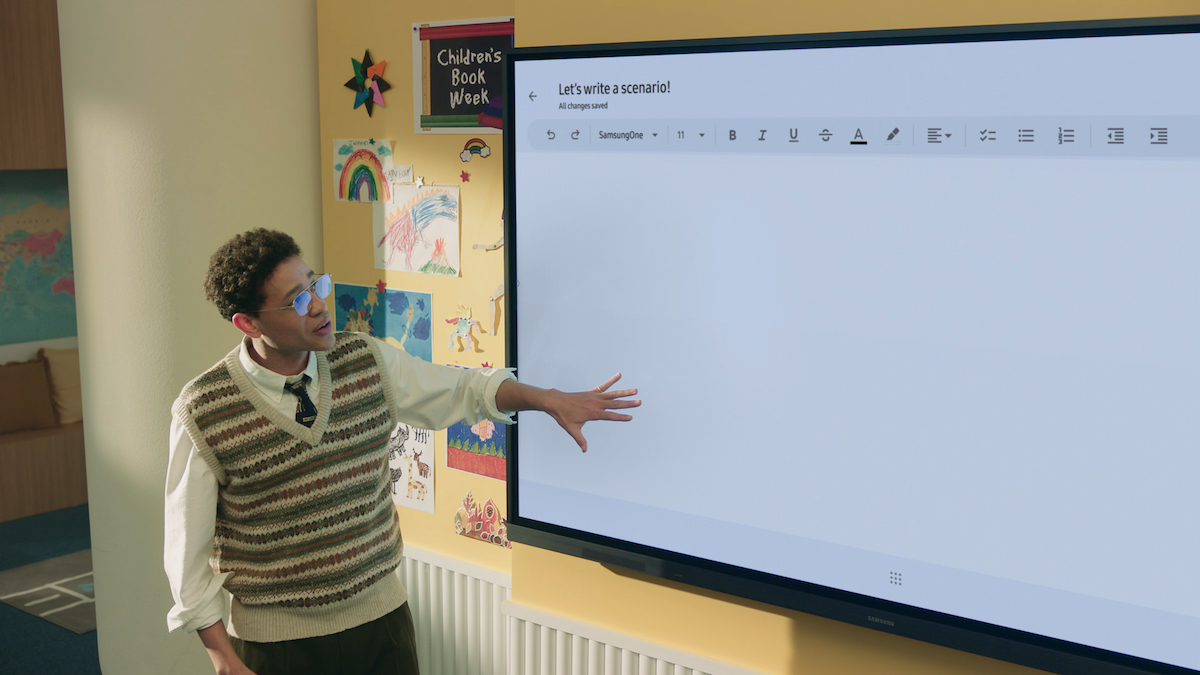What are the future technologies in accounting?
The field of accounting is continually evolving, driven by advancements in technology and changes in business practices. Several future technologies are likely to shape the accounting profession and how financial data is managed. Here are some of the key future technologies in accounting:
Artificial Intelligence (AI) and Machine Learning
AI and machine learning algorithms can automate routine accounting tasks, such as data entry, categorization of expenses, and reconciliations. They can also analyze large datasets for patterns and anomalies, helping auditors and accountants identify fraud or irregularities more efficiently.
Blockchain and Distributed Ledger Technology
Blockchain technology has the potential to revolutionize auditing and financial reporting by providing a tamper-resistant, transparent, and immutable ledger. It can streamline the verification of transactions and reduce the risk of errors and fraud.
Cloud Computing
Cloud-based Accounting course Online and software and platforms enable real-time collaboration, data access from anywhere, and scalability. They are becoming the standard for small and large businesses alike, offering cost-effective solutions for managing financial data.
Robotic Process Automation (RPA)
RPA involves using software robots to automate repetitive tasks in accounting, such as data entry and report generation. This technology can enhance accuracy, reduce errors, and free up accountants to focus on higher-value tasks.
Data Analytics and Visualization
Advanced data analytics tools enable accountants to analyze financial data more comprehensively. Visualization tools make it easier to communicate complex financial information to stakeholders.
Cybersecurity and Data Protection
As accounting data becomes increasingly digital, robust cybersecurity measures are essential to protect sensitive financial information from cyberattacks and breaches. Technologies like encryption and multi-factor authentication are crucial.
RegTech (Regulatory Technology)
RegTech solutions use technology to help businesses comply with financial regulations efficiently. They automate compliance tasks, monitor regulatory changes, and assist with reporting requirements.
Natural Language Processing (NLP)
NLP technology can be used for contract analysis, extracting relevant information from legal documents, and automating compliance checks.
Predictive Analytics and Forecasting
Predictive analytics models can help businesses forecast financial outcomes, manage risk, and make data-driven decisions. These models use historical data and advanced algorithms to generate forecasts.
Mobile Accounting Apps
Mobile accounting applications allow professionals to manage finances on the go. These apps offer features like expense tracking, invoicing, and financial reporting accessible from smartphones and tablets.
Integrated Financial Ecosystems
Integrated financial ecosystems bring together various financial software and tools into a unified platform. This streamlines financial operations and provides a holistic view of a company’s financial health.
Environmental, Social, and Governance (ESG) Reporting Tools:
With increasing emphasis on sustainability and responsible business practices, ESG reporting tools help businesses track and report on their environmental and social impact.
Quantum Computing (Emerging):
While still in its early stages, quantum computing has the potential to solve complex financial calculations and simulations much faster than classical computers, which could have implications for risk management and financial modeling.
These technologies are expected to transform the accounting profession in the coming years. Accountants and finance professionals who embrace these advancements can enhance their efficiency, accuracy, and ability to provide valuable insights to businesses and clients. However, it’s also important to stay updated with the evolving regulatory and ethical considerations associated with the adoption of these technologies.
What technology will replace accountants?
While advancements in technology are changing the accounting profession, it’s unlikely that technology will completely replace accountants in the foreseeable future. Instead, technology is augmenting the roles of accountants and reshaping how they work. Here are a few reasons why accountants are unlikely to be fully replaced by technology:
Complex Decision-Making
Accountants play a critical role in complex decision-making processes. They provide financial analysis, strategic insights, and advice that require human judgment and contextual understanding. Technology can assist in data analysis, but it may not fully replace the critical thinking and strategic planning skills of accountants.
Interpersonal Skills
Accountants often work closely with clients, auditors, and colleagues to understand financial goals, address issues, and provide recommendations. Interpersonal skills, communication, and relationship management are essential aspects of their role that cannot be easily automated.
Regulatory and Ethical Considerations
Many accounting decisions involve navigating complex regulatory and ethical considerations. Accountants must ensure compliance with accounting standards, tax laws, and industry-specific regulations, and they play a role in maintaining ethical financial practices. Technology can assist with compliance, but human oversight is crucial.
Adaptation and Implementation of Technology
Accountants are key players in implementing and managing accounting and financial software and technology. They evaluate the suitability of technology solutions for specific business needs, customize software, and ensure data accuracy and integrity.
Audit and Assurance Services
While technology can assist with data analysis and transaction verification, human auditors are essential for interpreting audit results, understanding the broader context of a company’s financial operations, and making professional judgments about financial statements.
Consulting and Advisory Roles
Online Accounting course often provide strategic advice on financial planning, tax optimization, investment decisions, and risk management. These advisory roles require a deep understanding of a company’s unique financial situation and goals.
Continuous Learning and Adaptation
Accountants need to stay updated on changes in accounting standards, tax laws, and technology trends. Continuous learning and adaptation to new regulations and technologies are part of their professional responsibilities.
While technology is automating routine and repetitive accounting tasks, it is creating opportunities for accountants to focus on higher-level tasks, such as data analysis, decision support, and strategic planning. Accountants who embrace technology and enhance their skills in data analysis, technology integration, and advisory services are likely to remain in demand in the evolving accounting landscape.
In summary, technology is a tool that enhances the capabilities of accountants but is unlikely to replace the need for human expertise, judgment, and interpersonal skills in the accounting profession.
Read more article:-Ssgnews.






